Introduction to the Development of Coffee in Chiang Mai, Thailand description of the flavor of coffee beans treated with Qingmai honey in Thailand
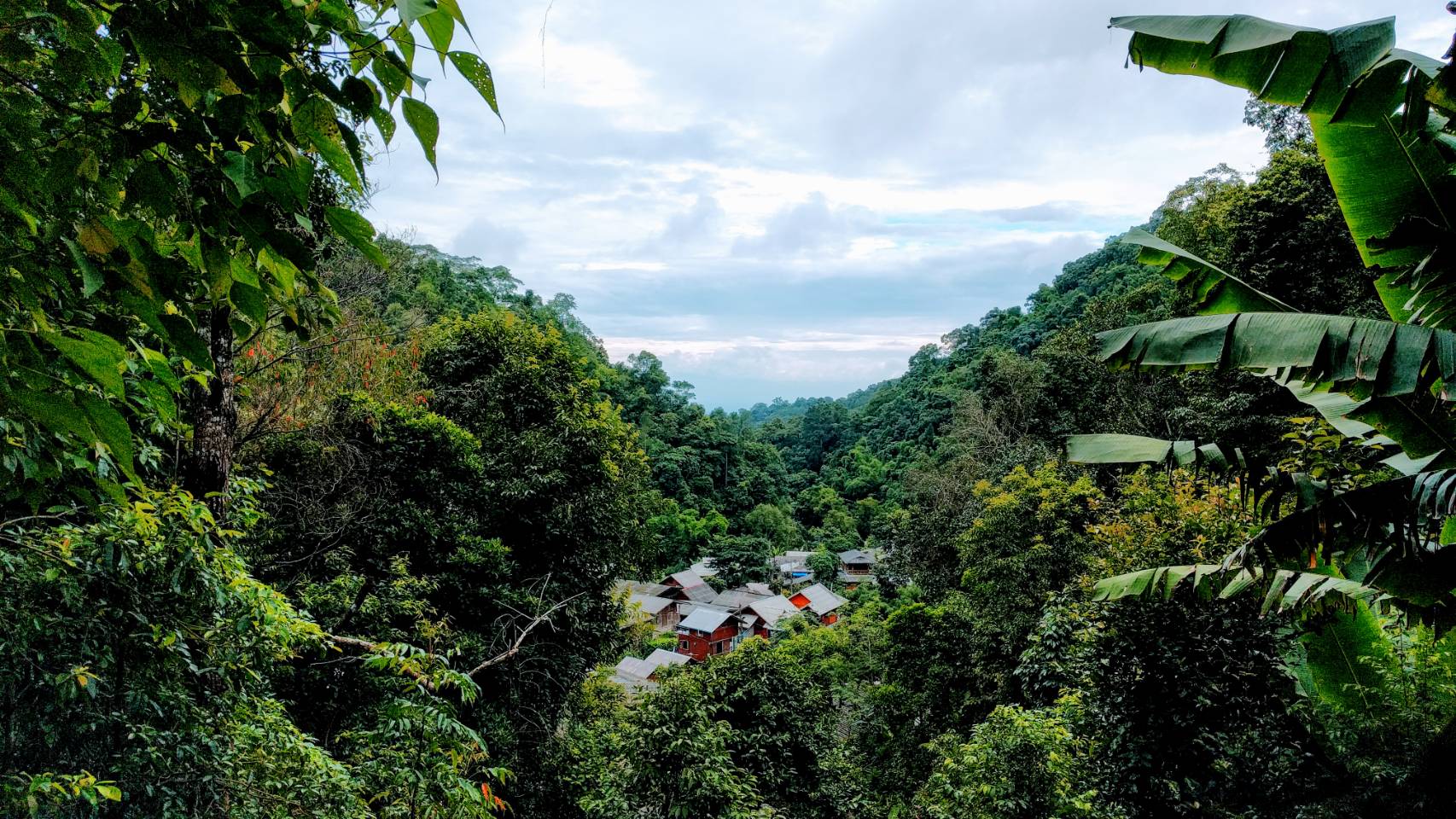
For professional baristas, please follow the coffee workshop (Wechat official account cafe_style)
Coffee Story of Chiang Mai, Thailand
Chiang Mai, located in northern Thailand, is one of the popular tourist hotspots in recent years. What tourists like is not only the Buddhist temples with rich history and beautiful scenery, but also the product of the local leisurely life culture-coffee. Based on the continuous expansion of the coffee industry in Thailand's second largest city in recent years, efforts have been made to develop from production, baking to trade and retail, which has deepened the relationship between coffee and Chiang Mai and become a local proud cultural feature.
Thailand's main coffee bean is Arabica, while Chiang Mai in northern Thailand is one of the few cities in the country with a relatively cool climate. It does not have to withstand extremely hot weather for at least one or two months a year, so hot coffee and frozen coffee are also popular in the local market.
The successful development of the Arabica coffee bean market can be attributed to the Thai Royal Project launched by the late Emperor Bhumibol Adulyadej in 1969, including the Northern Thailand Mountain Agricultural Development Project, which encourages locals to invest in sustainable industries in the hope of replacing opium poppy with highly cash crops and reducing "felling and burning" agricultural practices related to opium production. In this way, we can alleviate poverty and combat drugs, and at the same time, we can create an environmentally friendly economy. Coffee, as a forest crop, has experienced fluctuations in its production and export since 1970. According to the statistics put forward by the International Coffee Organization (ICO) in 2015-16, Thailand exported 500000 packets of coffee in the above-mentioned year, but its domestic consumption alone has reached 1.2 million bags. It can be seen that under the strong demand, Chiang Mai will inevitably be hit.
Today, walking up Nimman Avenue Road in Chiang Mai is no longer as easy as it used to be to meet locals peddling coffee, in exchange for all kinds of glass-window coffee shops that offer free wifi Internet access, or mobile coffee carts parked by the side of the road. There are many exquisite specialty shops in the city for coffee lovers to enjoy.
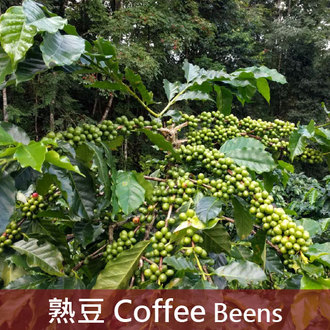
Flavor description of Coffee treated with Chiang Mai Honey
Chiang Mai Honey processing Thailand Lampang Chiang Mai coffee, Nambang Province, Thailand
Honey-treated coffee beans have a great balance of sweetness and acidity, which is usually less intense than sun-dried beans, but tastes more fresh and mellow. The key to the flavor of honey-treated coffee beans comes from the sugar and acid content of the pectin layer. during exposure, the sugar in the pectin layer becomes more and more concentrated, and these sugars soak into the coffee beans. As a result, coffee beans are rich in black sugar, peach, parrot juice, wine, walnut, and fruit wine as sour and sweet, Body full.
Coffee file
Country Thailand
Production area Lampang
About 1200-1500 meters above sea level
Treatment method honey treatment
Varieties Catimor, Typica, Bourbon
Bitter ●○○○○
Fruit acid ●●●●○
Sweet ●●●●○
Aroma ●●●●○
Yu Yun ●●●●○
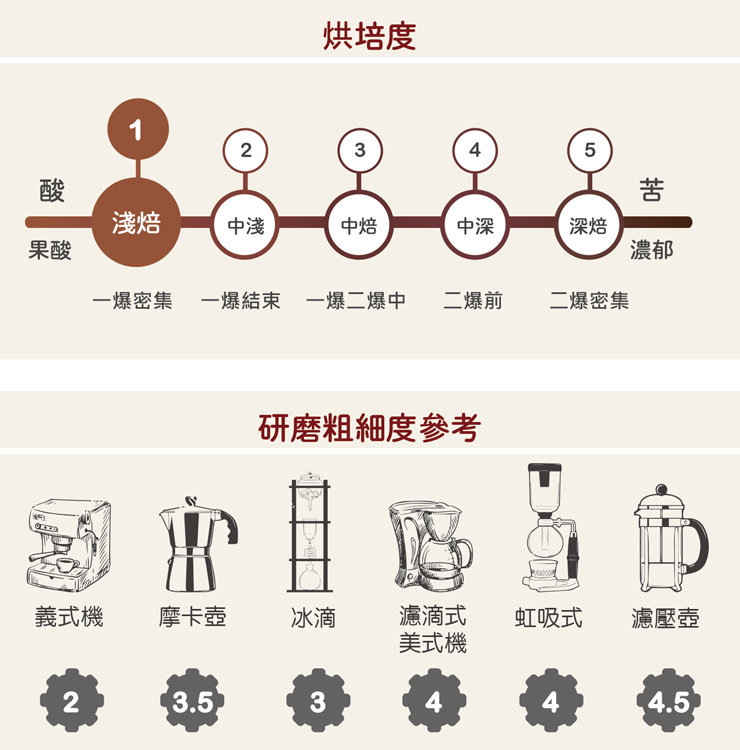
Important Notice :
前街咖啡 FrontStreet Coffee has moved to new addredd:
FrontStreet Coffee Address: 315,Donghua East Road,GuangZhou
Tel:020 38364473
- Prev
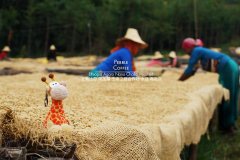
The westward Road of Coffee producing areas in Ethiopia-the rise of Agaro producing areas
The exchange of professional baristas please follow the Coffee Workshop (Wechat official account cafe_style) A new chapter of Ethiopian coffee we want to share with you not just a bean, a flavor or a story, we want to enter a new chapter in Ethiopia, the westward road, especially the rise of Agaro producing areas. We here
- Next
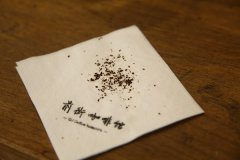
How is the Blue Mountain Coffee of Marvis Bank Manor grown? MavisBank treated Blue Mountain Coffee.
Marvis Bank Manor NO.1 Origin: Jamaica production area: statutory Blue Mountain planting area Manor: Marvis Bank production varieties: iron Card seed (Typical) Harvest time: January to March planting height: 1200m processing method: washing particle size: over 17 mesh Mavis Ban is the largest and only well-equipped Blue Mountain Coffee manufacturer in Jamaica. Ma Wei
Related
- Detailed explanation of Jadeite planting Land in Panamanian Jadeite Manor introduction to the grading system of Jadeite competitive bidding, Red bid, Green bid and Rose Summer
- Story of Coffee planting in Brenka region of Costa Rica Stonehenge Manor anaerobic heavy honey treatment of flavor mouth
- What's on the barrel of Blue Mountain Coffee beans?
- Can American coffee also pull flowers? How to use hot American style to pull out a good-looking pattern?
- Can you make a cold extract with coffee beans? What is the right proportion for cold-extracted coffee formula?
- Indonesian PWN Gold Mandrine Coffee Origin Features Flavor How to Chong? Mandolin coffee is American.
- A brief introduction to the flavor characteristics of Brazilian yellow bourbon coffee beans
- What is the effect of different water quality on the flavor of cold-extracted coffee? What kind of water is best for brewing coffee?
- Why do you think of Rose Summer whenever you mention Panamanian coffee?
- Introduction to the characteristics of authentic blue mountain coffee bean producing areas? What is the CIB Coffee Authority in Jamaica?

